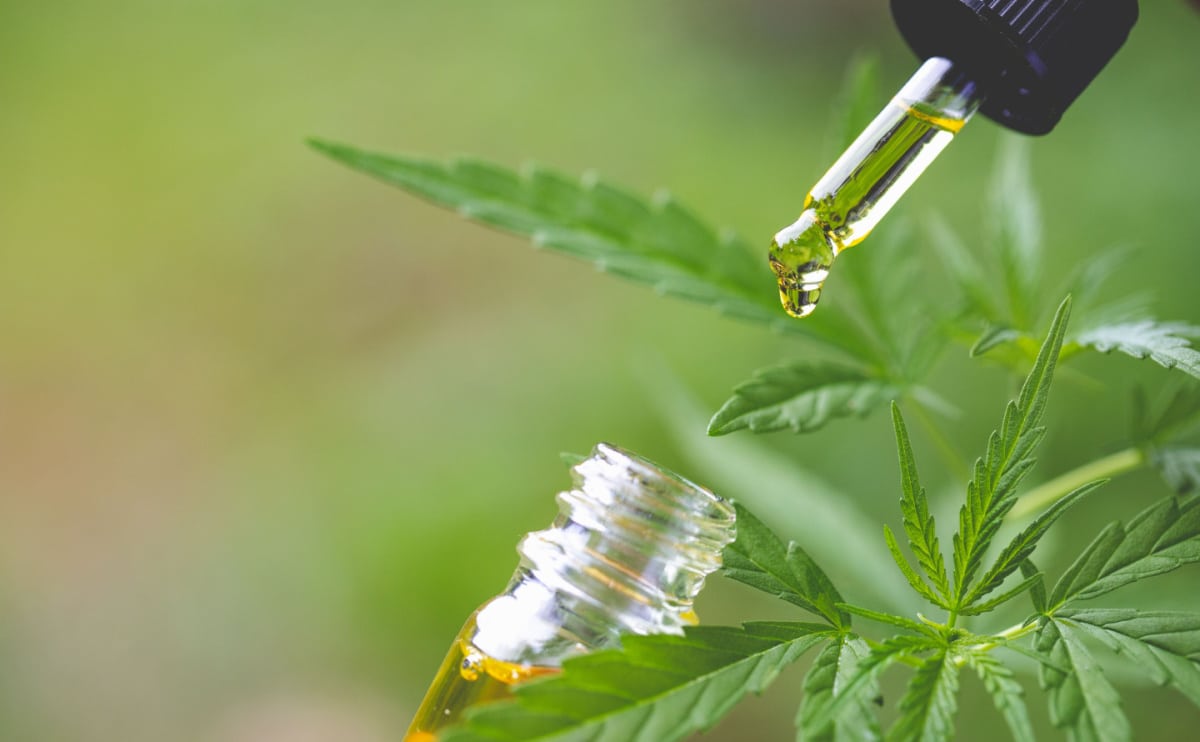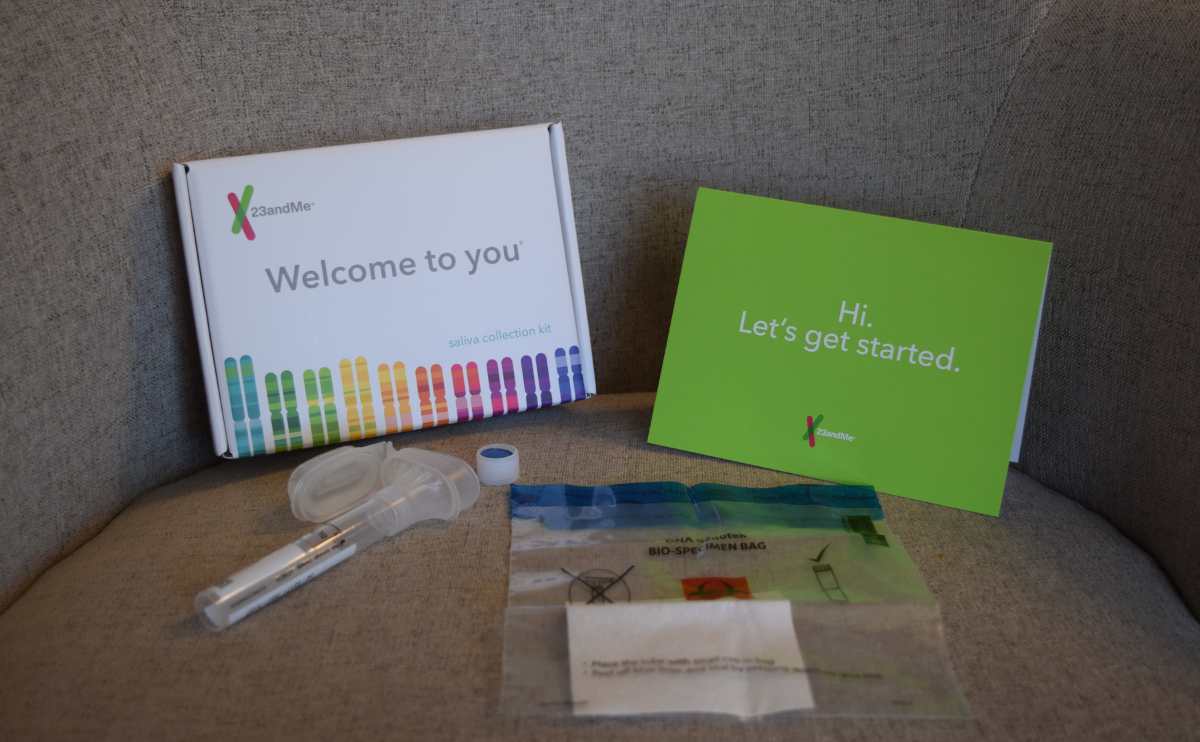Does CBD Cause Brain Fog Or Help With It?
When you purchase through links on our site, we may earn a commission. Here’s how it works.

If you’re a natural remedies enthusiast you would have heard of cannabidiol oil or CBD as it’s commonly known. CBD products are typically used to alleviate health conditions such as anxiety, depression, chronic pain, and insomnia. Research has also shown that CBD can be an effective and powerful remedy to help reduce mental fatigue. So the question begs, does CBD help with brain fog or does it cause it?
What Is Brain Fog?
Brain fog is not an official medical condition but more of a term to describe cognitive symptoms such as mental fatigue and a general feeling of being disorganized or confused. For some sufferers, it can be a temporary feeling but for others, it can be more chronic and interfere with daily life which can be frustrating and demoralizing.
6 Common Symptoms Of Brain Fog
Here are some common symptoms of brain fog:
- Forgetfulness
- Overwhelmed by mundane tasks
- Unable to absorb information
- Lack of clarity and focus
- Disorganized
- Headaches
What Causes Brain Fog?
It is challenging for medical professionals to pinpoint the exact causes of brain fog in patients as there are many potential reasons for it. It is a term that has been around for a while but has come to light post-pandemic as it is one of the symptoms commonly related to Covid-19.
Brain Fog After Covid
According to the American Medical Association, around half of patients recovering from Covid-19 have reported symptoms of brain fog with some experiencing cognitive impairments for several months after contracting the virus. Covid-19 can cause inflammation in the brain which affects the neurons and how they communicate with each other which can result in feelings of ‘cloudiness’ and general forgetfulness.
4 Common Causes Of Brain Fog
- Stress – We live in a fast-paced world where the stress hormone cortisol is often over-produced causing stress on our bodies and brains. It is also known for reducing brain cells and therefore a common cause of brain fog.
- Lack of sleep – An obvious one, but an important one. Lack of sleep can leave our bodies feeling lethargic and our brains sluggish resulting in slower cognitive functions.
- Medical conditions – Anemia, Alzheimer’s, diabetes, depression, and Covid-19 can all be a cause of brain fog along with many other medical conditions and medications that go with them.
- Hormone changes – Women can suffer from brain fog during pregnancy due to the increase in estrogen and progesterone and often during menopause when estrogen levels drop.
What Is CBD?
CBD along with tetrahydrocannabinol (THC) are two of the chemicals found in cannabis plants such as hemp and marijuana. Unlike THC, CBD is a ‘non-psychoactive’ chemical meaning it does not make users ‘high’ or alter their state of consciousness. It is the THC in cannabis plants that is often associated with nervousness, paranoia, and increased heart rate, not CBD. In fact, due to its molecular structure, CBD has the opposite effect of THC and affects the brain in different, more positive ways.
Since it was federally legalized in many states of the US in 2018, CBD derived from the hemp plant has been used as an approved prescription drug by the US Food and Drug Administration (FDA) for conditions such as epilepsy. However, it can be used effectively for pain management, anxiety, and many more conditions including brain fog.
Does CBD Help Or Hinder Brain Fog?
According to the National Library of Medicine CBD is ‘neuroprotective’ meaning it can help prevent memory loss and cognitive impairment by increasing brain cell production and blood flow in the brain making it an excellent holistic treatment for brain fog. CBD is generally well tolerated by those who use it with minimal side effects (nausea and irritability in some cases) and is considered a safe option for treating many medical conditions.
Hemp-derived CBD is considered a safer option for medical purposes as hemp is naturally lower in THC levels than marijuana. The purer the CBD product is the more effective it can be for brain fog. If THC levels are too high it can have a detrimental effect and act as a sedative rather than a stimulant. So, it is the THC found in some products that can aggravate and heighten brain fog symptoms, not CBD.
How To Take CBD
Brain fog can be frustrating and if left untreated it can have long-term effects on quality of life. If symptoms persist or worsen then talking to your doctor will help you find the right treatment for your diagnosis. CBD products can offer immediate relief and alleviate symptoms of brain fog which in turn can prevent other symptoms such as anxiety and depression from escalating.
CBD can be taken in many forms with a wide range of products on the market to suit your preference. With acute cases of brain fog, sublingual administration is advised (under the tongue), and for long-term use then a gummy or capsule is suitable.
CBD can help many medical conditions but If you are unsure if it is right for you then seek advice from a medical professional.
4 Simple Steps To Happiness
You spend time researching the best camera or how to plan for your future, but how much time do you spend nurturing and taking care of yourself in the day-to-day? We cover everything from holistic health and meditation to four simple steps you can take to improve the quality of your physical and mental wellbeing in the comfort of your home.
Do you use CBD products for brain fog? If so, have they helped? Let us know in the comments.



